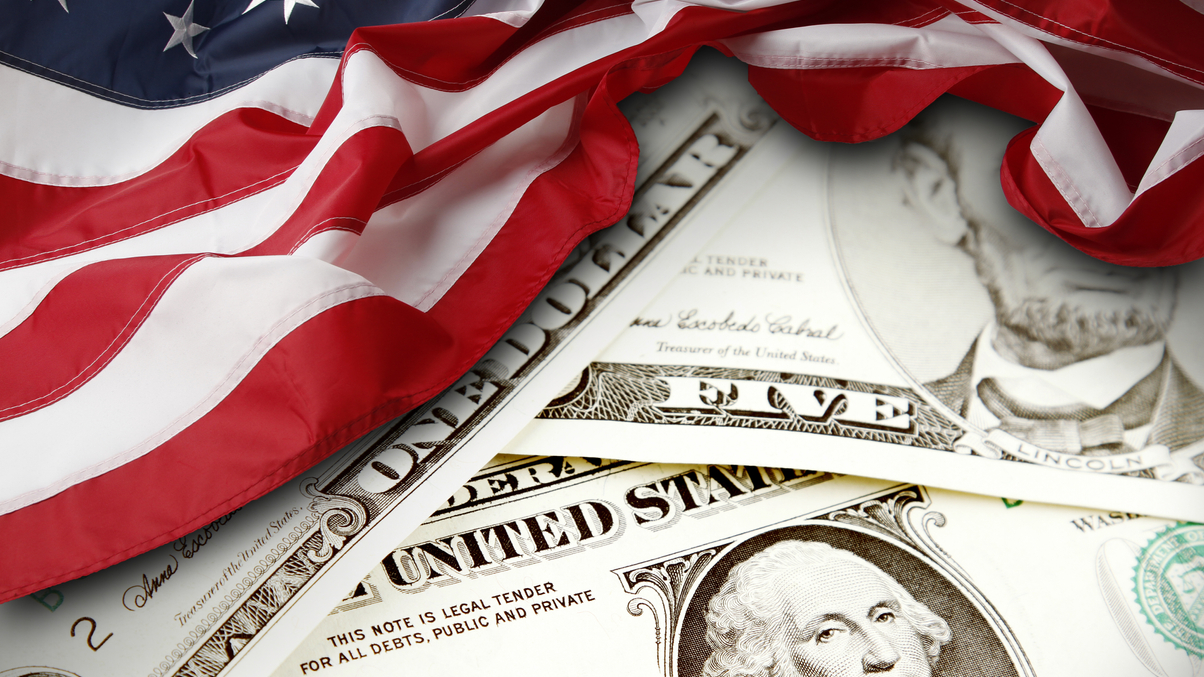US targets tax evaders in Asia with HK investigators
The stationing of US tax investigators in its Hong Kong consulate signals that America's hunt for taxation evaders has moved to Asia, following years of probes and fines in Europe.

American tax investigators stationed in the US consulate in Hong Kong have offered a clear sign that the hunt for taxation evaders is spreading to Asia.
Sign in to read on!
Registered users get 2 free articles in 30 days.
Subscribers have full unlimited access to AsianInvestor
Not signed up? New users get 2 free articles per month, plus a 7-day unlimited free trial.
¬ Haymarket Media Limited. All rights reserved.


